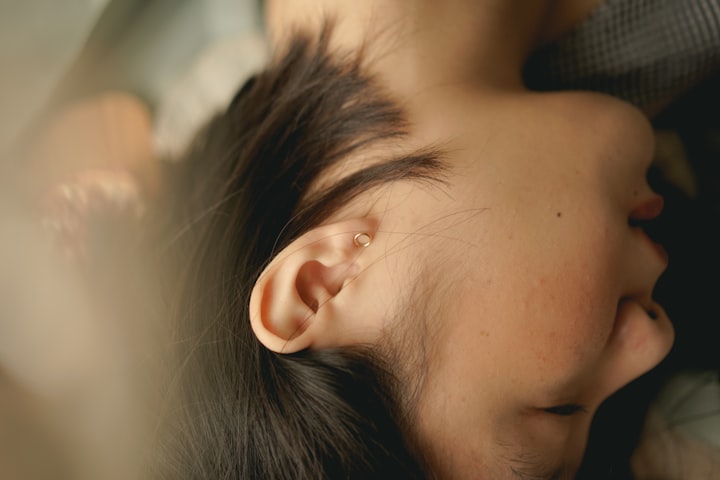Hear Her Roar: Celebrating Women's Superior Sense of Hearing
Exploring the Benefits and Implications of Women's Acute Hearing Abilities

It's a well-known fact that men and women are different in many ways. One such difference that has been noted is that women have a better sense of hearing than men. This is not just a myth; there is scientific evidence to support this claim.
Research has shown that women have a more acute sense of hearing than men. One study, published in the journal Hearing Research, found that women were better at discriminating between sounds than men. Another study, published in the Journal of the Acoustical Society of America, found that women were more sensitive to high-frequency sounds than men.
So why do women have better hearing than men? There are several theories. One is that women's ears are simply built differently than men's. Women's ears are smaller than men's, and their ear canals are shorter and more curved. This may allow sound waves to reach the eardrum more efficiently, resulting in better hearing.
Another theory is that women's brains are better equipped to process auditory information than men's. Studies have shown that women have more neurons in the auditory cortex, the part of the brain that processes sound, than men do. This may give women an advantage when it comes to hearing and understanding speech.
Exposure to loud noise is one of the most common causes of hearing loss. When the ear is exposed to loud noise, such as at a concert or in a noisy workplace, the hair cells in the inner ear can become damaged. Over time, this damage can lead to permanent hearing loss.
Women may be more careful than men when it comes to exposing themselves to loud noises, which may help to explain why they have better hearing. Research has shown that men are more likely than women to engage in risky behaviors, such as attending loud concerts or participating in noisy hobbies, without wearing ear protection. This can lead to long-term damage to their hearing.
In contrast, women may be more aware of the risks associated with loud noise and more likely to take steps to protect their hearing. For example, women may be more likely to wear earplugs at concerts or in noisy workplaces. They may also be more likely to avoid loud environments altogether.
These environmental factors may play a significant role in preserving women's hearing over time. By avoiding loud noises and protecting their ears when they can't avoid them, women may be able to maintain their hearing well into old age. This is particularly important given that hearing loss is a common age-related condition that can have significant impacts on quality of life.
In addition to preserving their hearing, women's greater awareness of the risks associated with loud noise may have other benefits. For example, it may lead to a greater awareness of occupational hazards in industries where noise exposure is common, such as construction or manufacturing. It may also lead to greater awareness of the risks associated with recreational noise exposure, such as attending concerts or using headphones at high volumes.
Overall, the environmental factors that contribute to women's better hearing are an important consideration when it comes to understanding the gender differences in hearing ability. By recognizing the importance of protecting our hearing and taking steps to minimize our exposure to loud noise, we can all take steps to preserve our hearing over time.
Whatever the reason, the fact remains that women have a better sense of hearing than men. This can have implications for a variety of fields, from medicine to music. In medicine, for example, women may be better equipped to hear subtle changes in patients' breathing or heartbeats. In music, women may be better able to discern the nuances of different instruments or voices.
Of course, it's important to remember that these are generalizations, and there is a lot of individual variation when it comes to hearing ability. Not all women have better hearing than all men, and there are plenty of men with exceptional hearing. But overall, the evidence suggests that women may have an edge when it comes to hearing.
In conclusion, women do indeed have a better sense of hearing than men. This may be due to differences in ear anatomy, brain structure, or environmental factors. Whatever the reason, it's clear that women's superior hearing can have practical applications in many different areas of life.
About the Creator
thingsandstuffzy
Writing about things that people should know about because they need to know about things. Isn't this exciting?






Comments
There are no comments for this story
Be the first to respond and start the conversation.